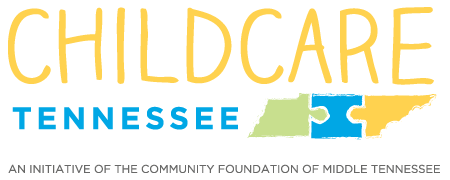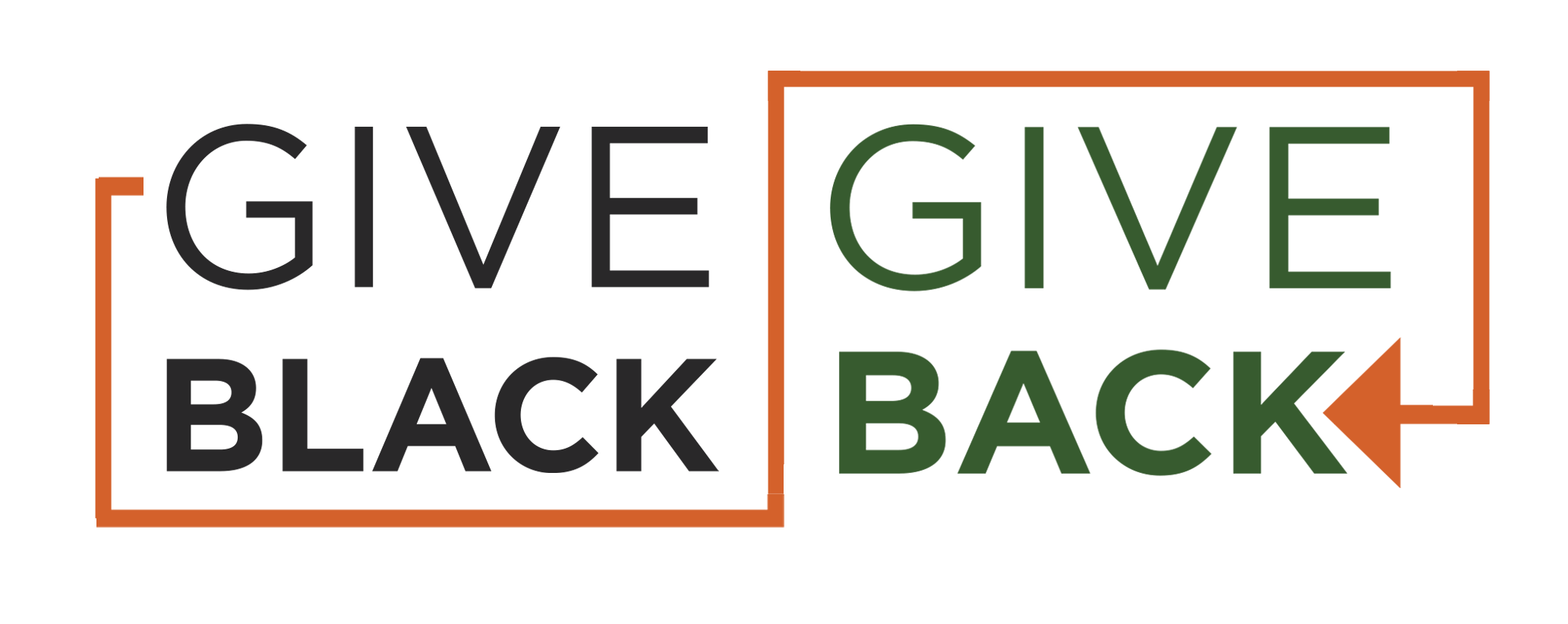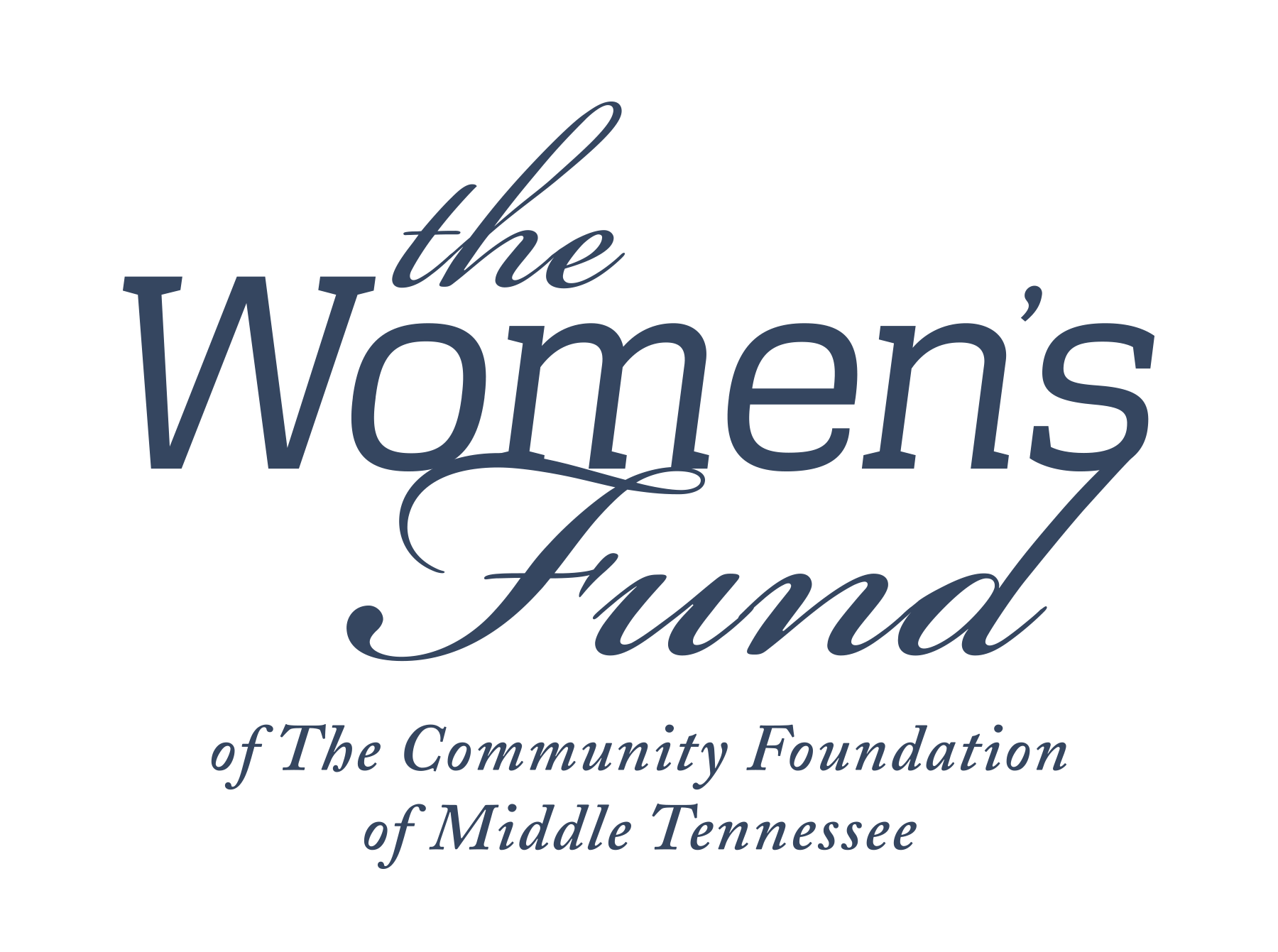
“But the end is reconciliation; the end is redemption; the end is the creation of the beloved community. It is this type of spirit and this type of love that can transform opposers into friends.”
Sixty-seven years ago, the Rev. Dr. Martin Luther King Jr. described the creation of a community in which justice and opportunity could be equally available for every person living in it, especially as it pertained to African Americans and other people of color.
The United States took a monumental step toward the continuation of creating such a community by electing its first Black president, Barack Obama, in 2008. In 2014 President Obama took another step with the creation of the privately funded My Brother’s Keeper (MBK) nonprofit initiative, tasked with closing the opportunity gaps that young boys of color face so they can reach their fullest potential.
For Ashford Hughes, such a program was long overdue.
“When I think about me and how I grew up in Knoxville, if there was a My Brother’s Keeper program there for me and my friends, I would daresay a lot of us would still be alive,” said Hughes, co-leader and spokesperson for MBK Nashville. Hughes also serves as Executive officer for Diversity Equity and Inclusion for Metro Nashville Public Schools and is the former Chief Diversity, Equity and Inclusion Officer for Metro Nashville and Davidson County.
“A lot of the men I grew up with lived in single-parent homes with Mom or Grandma, and there was never really an outlet or organization that spoke to us to really bring us in as young Black boys in the community,” he continued in a recent interview.
“MBK now has the opportunity to fill in the void for those places in our community, to make certain we don’t lose any more young men in the cracks.”
Watch the interview with Ashford Hughes and Lonnell Matthews

A chief culprit is illiteracy.
Due in part to the coronavirus pandemic and its effects on schools, three out of four Nashville third-graders were not reading on grade level in 2021, according to the Nashville nonprofit The Blueprint for Early Childhood Success.
This is a particularly devastating statistic for young Black and brown boys. The U.S. Department of Justice found that “The link between academic failure and delinquency, violence and crime is welded to reading failure. More than 70% of inmates in America’s prisons cannot read above a fourth-grade level.”
Said Hughes, “Without literacy, you are bound by a specific barrier if you can’t articulate and read or comprehend what you’ve been taught. There are jails being built right now for young men and women of color who can’t read.”
This is issue in particular drew Lonnell Matthews, Davidson County’s first African-American Juvenile Court Clerk, to the work of MBK Nashville.
“We are liberating young people through literacy,” Matthews said in a recent interview. “We are taking the chains and confines off of them by opening up their world through literacy. We have an alliance of close to 12 organizations that work with us [MBK Nashville] consistently, with the shared goal of every boy and young man of color reading at grade level by third grade and making sure they’re ready to graduate high school and attend college.”
Said Hughes, “Literacy is an active form of liberation for our young people and for our communities. We are hearing from more and more schools, ‘How do we get your program in our school?‘“

‘This Village of Men’
MBK Nashville enhances its work through mentorship and relationship building.
“Really, my passion around this is the literacy piece and making certain that young Black and brown boys have access to post-graduation success,” Hughes said. “They can learn about culture, but they create this family, this village of men that support them.”
Many young men in the program lack a male figure in their lives, especially one that doesn’t revolve around discipline. For these boys, MBK Nashville is not only a way to learn through reading. It is also a way to connect with their mentors and peers, and in so doing create a safe, nurturing community. Reading in groups and the mentorship are vital especially for Black and brown boys. The happy byproduct is improved attendance rates for MBK members and a rejuvenation of impassioned learning.
Encouraged by these efforts, Lonnell and Ashford plan to expand their efforts to ensure third graders read at grade level, as well. This effort would include expanding into more schools and potentially creating a similar program for young girls of color.
To accomplish such ambitious goals, Matthews and Hughes realize increased funding is of the utmost importance.

“Without money, there is no mission,” said Lonnell. “It takes resources to do the work.”
Anyone interested in helping expand the work of MBK Nashville can give to the My Brother’s Keeper Nashville Fund administered at The Community Foundation of Middle Tennessee. Sign up to volunteer at www.mbknashville.Weebly.com.
All the funding goes to helping expand the young members of MBK Nashville’s opportunities, whether it be reading mentorships, college visits, or connections within the community.
The task at hand is large, but the city of Nashville is built for the challenge.
“In this city we can’t let the resources be a barrier or to stop us from supporting our young Black boys and boys of color,” said Ashford. “We are a city of immense wealth and opportunity.”
“Every dollar that our community is able to give to MBK goes to a young boy in this city’s literacy efforts, helping them to identify to fall in love, and to cultivate the competencies to become a consistent reader.






